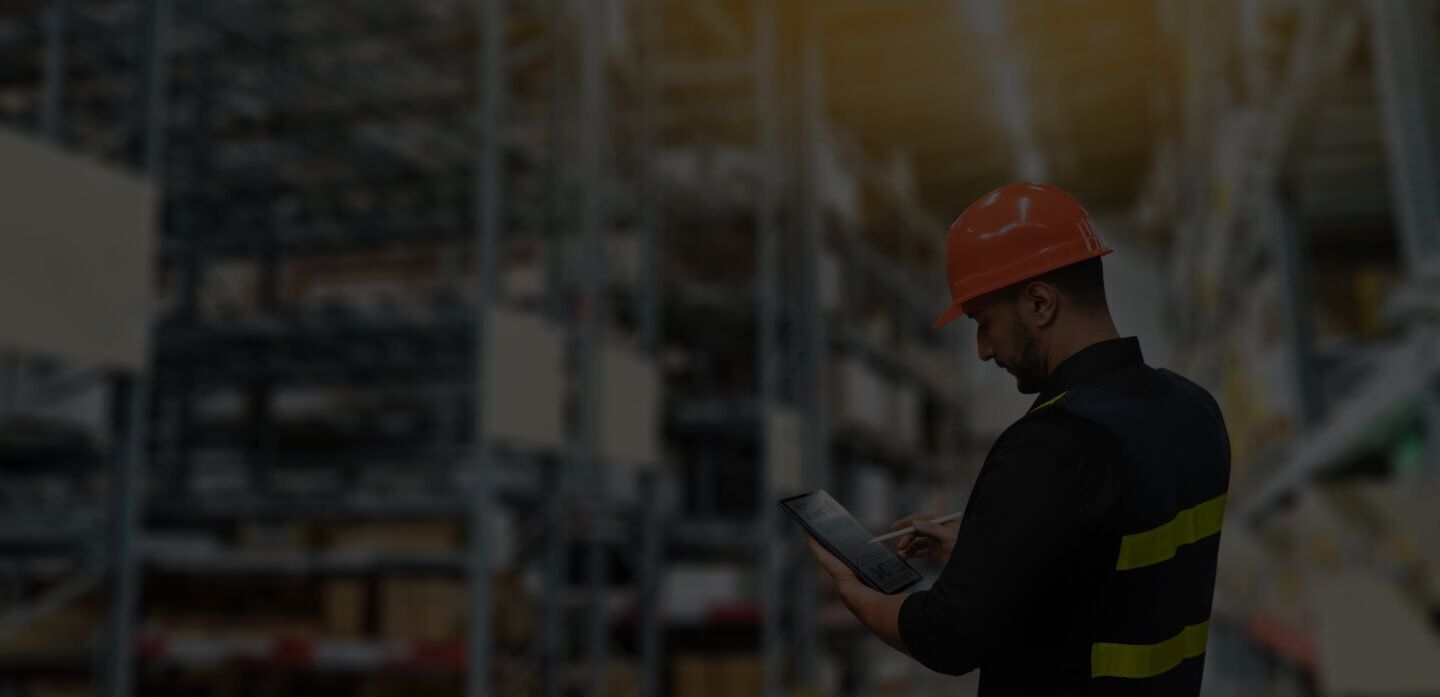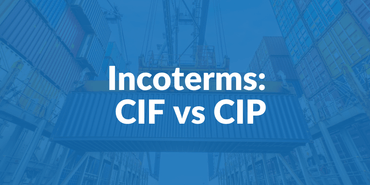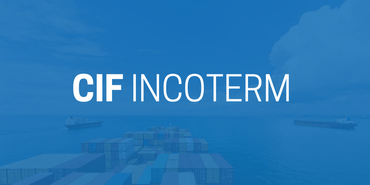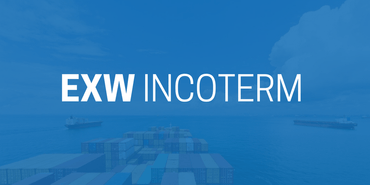
Definition of the Incoterm FOB (Free on Board)



![]()
The FOB Incoterm is exclusively used for maritime transport or inland waterways and remains unchanged in the Incoterms 2020. Under FOB, the seller must load the goods on board the vessel designated by the buyer at the agreed port of shipment. Risk is transferred to the buyer at that point.
FOB is similar to the FCA Incoterm, but under FOB the risk transfers only when the goods are physically loaded onto the ship, whereas in FCA the transfer can happen earlier (e.g., at the terminal). For this reason, FOB is not recommended for containerized cargo, as containers are usually delivered to the terminal days before loading and there’s a gray area of responsibility if damage occurs before loading. For containers, FCA is usually the better option. This follows modern Incoterms® guidance, where FOB is intended for bulk or non-containerized sea freight, and FCA is recommended for container shipments so that risk can transfer at the actual point of handover (e.g., the terminal).
FOB at a glance:
- Mode of transport: Sea and inland waterway only
- Seller pays and is responsible for: Inland transport to port, export customs, origin port charges, loading on board the vessel
- Buyer pays and is responsible for: Ocean freight, destination port charges, import customs, inland transport at destination
- Transfer of risk: When the goods are loaded on board the vessel at the port of shipment
Seller’s Obligations (FOB)
- Delivery of goods and contractual documents
- Proper packaging and labeling
- Inland transportation to the port of origin
- Export customs clearance and payment of export duties
- Origin port charges and loading the goods onto the vessel
Buyer’s Obligations (FOB)
- Payment for the goods according to the contract
- International sea freight
- Destination port charges (handling, port fees)
- Import clearance and payment of VAT, excise duties, and tariffs
- Inland transport to the final destination
Insurance under FOB Conditions
Taking out insurance is optional, but it is common for each party to insure their segment of the journey. Sometimes the buyer or seller purchases a comprehensive policy covering the entire route. In any case, it is advisable to include in the contract:
- Type and scope of the insurance policy
- Responsibilities for each leg of the journey
- Claims procedure
If you want to reduce your exposure along the route, you can explore our cargo insurance options.
Why is FOB not suitable for containers?
- Containers often sit at the terminal for days before being loaded onto the ship.
- If damage occurs during this waiting period, it’s hard to determine whether the risk lies with the seller (goods not yet loaded) or the buyer (terminal has accepted responsibility).
- FCA allows risk transfer at the exact point of delivery, such as when the container is handed over at the terminal, eliminating this ambiguity.
AI-Powered Freight Services at iContainers
Choosing FOB requires a clear understanding of cost, risk transfer, and operational responsibility. iContainers uses AI to evaluate shipment details, trade lanes, and buyer–seller roles before recommending the most suitable Incoterm. This reduces misunderstandings and unexpected costs. Learn how AI helps choose the right Incoterm for international shipping decisions.
FAQs about FOB incoterm
FOB is an Incoterm for sea and inland waterway transport where the seller delivers and loads the goods on board the vessel at the port of shipment, and risk transfers to the buyer at that moment.
Under FOB, the buyer pays the main sea freight and all costs after loading (insurance, destination port charges, import duties and inland delivery), while the seller covers inland transport to the port, export clearance and loading on board.
Generally no. FOB was designed for non-containerized bulk and break-bulk cargo. For containerized shipments, Incoterms guidance usually recommends using FCA, which lets risk transfer at the actual handover point (for example, the terminal).
Both are used when the buyer arranges main carriage, but under FOB risk transfers on board the vessel, while under FCA it transfers when the goods are handed over to the carrier at a named place (often a terminal), which works better for container traffic and multimodal shipments.
Sources and References
- ICC – International Chamber of Commerce: Incoterms® 2020 Rules
Official source for Incoterms 2020, detailing the definitions and applications of each term. - Trade Finance Global: FOB (Free on Board) – Incoterms® 2020 Rule
Comprehensive guide on FOB, including its appropriate usage and limitations, especially concerning containerized shipments. - Maersk: FOB Incoterms® Meaning | Free on Board Shipping
Explanation of FOB responsibilities and risk transfer, with practical examples. - Wikipedia: FOB (Shipping)
Historical context and evolution of the FOB term, including its application in modern trade.
Related Articles


